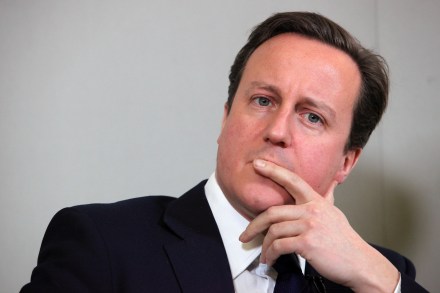How Labour and the Lib Dems are attacking the Tories’ marriage tax break
This morning, we’ve already seen the two primary attacks which will be used against the marriage tax break outlined by George Osborne in the Times today. The first came courtesy of Vince Cable, who said it represents a “derisory” sum of £3 a week for those who benefit from it. And the second was from Ed Balls – who else? – who labelled the policy as “discriminatory,” because it doesn’t cover every married person, and nor does it account for couples who split. Or as he rather suggestively put it: “if your husband beats you up and leaves you you get no support.” One thing worth noting is how the
















